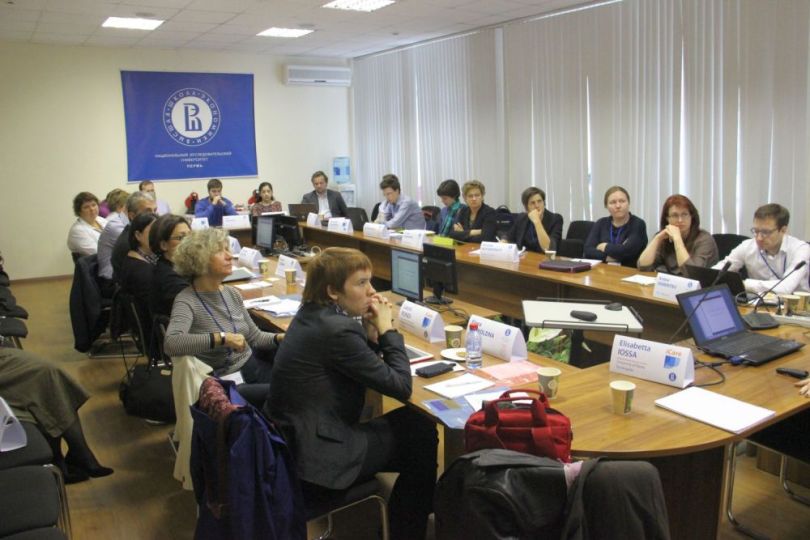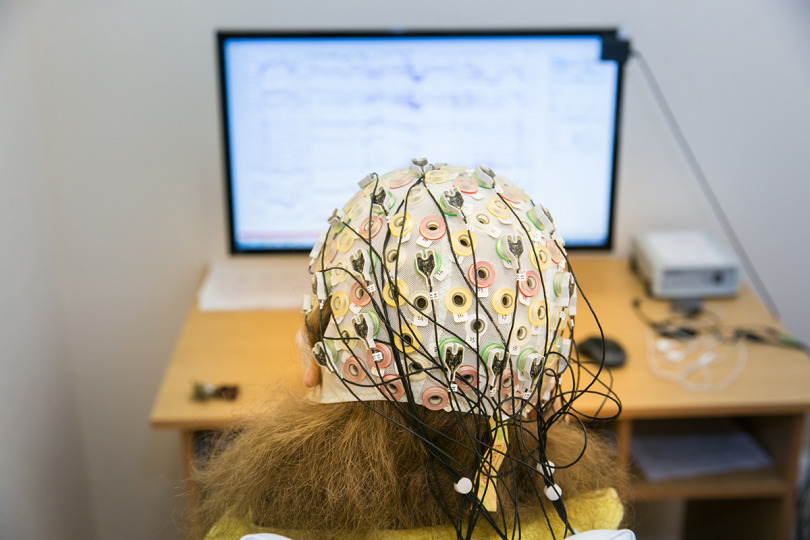Coming from a low-income, uneducated family can affect a child’s language skills, resulting in underdeveloped, ungrammatical speech, which hinders academic performance and limits one’s chances of success in life. However, parents can help a child offset the effects of a negative family background, according to Kirill Maslinsky, research fellow at the Laboratory of Sociology in Education and Science, HSE campus in St. Petersburg.
News

At the beginning of ‘Nobel Week,’ HSE Professor Konstantin Sonin gave his traditional prediction on his blog, forecasting who might win this year’s Nobel Prize in Economics. The winner will be determined on October 12.
Ian Lowrie, visiting PhD-student from Rice University spent last academic year at HSE doing anthropology of Russian Science & Technology.
The processes of globalization should have contributed to reduced inequality in the world. In reality, however, the situation looks differently, with income inequality in the populations of developing economies growing. To correct this, the level of education of low-skilled workers must be increased, said Eric Maskin, Chief Research Fellow at the HSE International Laboratory of Decision Choice and Analysis and Nobel Laureate in Economics for 2007.
At the HSE campus in Nizhny Novgorod, Svetlana Bryzgalova recently gave a public lecture on ‘Pricing Theories in Various Classes of Financial Assets’ as part of the Second International Conference on Econometrics.
Creating totally new and exclusive products, business models and technology solutions is not always necessary in today's innovative economy; it is often sufficient to use the knowledge and inventions already available worldwide, according to professor Mikhail Shushkin and associate professor Sergey Alexandrovskiy, researchers at the Department of Marketing, Faculty of Management, HSE Branch in Nizhny Novgorod.

of entrepreneurs working in the service sector noted insufficient demand for their services in the third quarter of 2015. 40% cited this as a problem at the beginning of the year.
